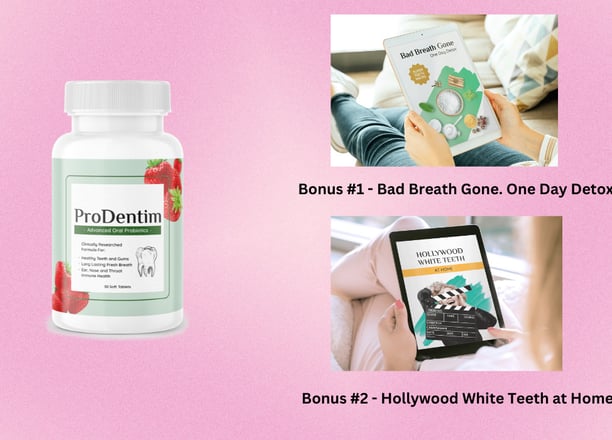Your Guide to Dental Care
Discover expert tips and product reviews for a healthier smile and better dental hygiene.
Rated 5 stars by users
★★★★★
Your Trusted Dental Resource
Discover expert tips and product reviews for optimal dental care. Join us in promoting healthy smiles across the globe with our affiliate marketing insights.


150+
15
Trusted by Experts
Join Us
Dental Care Insights
Explore expert tips and product reviews for optimal dental health and care solutions.
Product Reviews
In-depth analysis of dental products to help you make informed choices.
Expert Tips
Practical advice for maintaining a healthy smile and effective dental hygiene practices.
Affiliate Recommendations
Curated selection of trusted dental care products to enhance your oral health journey.
Contact Us for Dental Tips
Reach out for inquiries about dental care and affiliate marketing.




